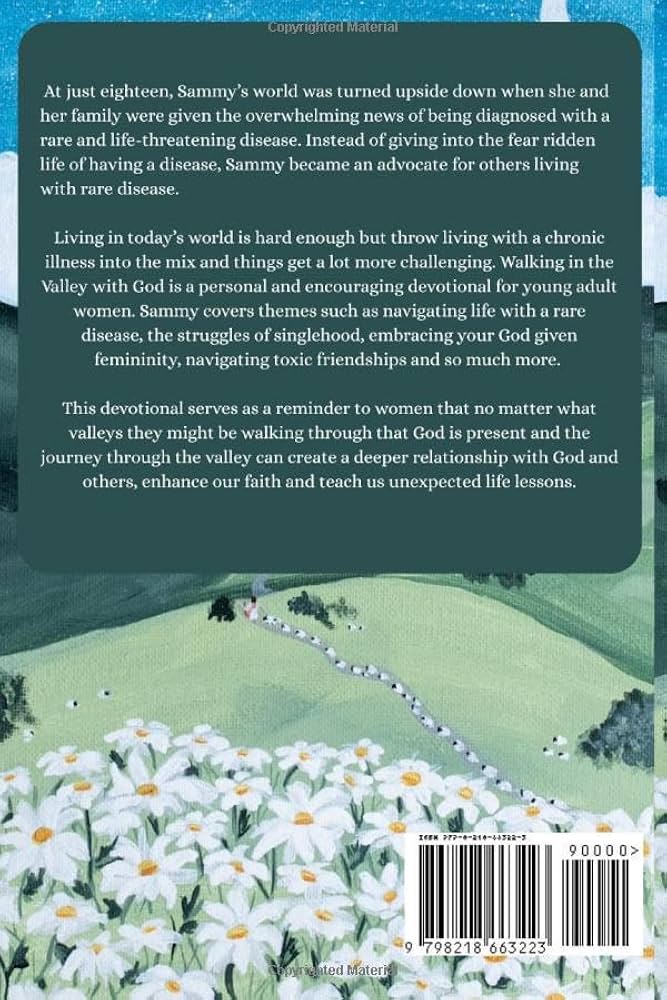
I found myself at one of the lowest moments during my medical training. I had just completed my second-year examinations. The stress had left me feeling empty, anxious, and completely exhausted. It was in this vulnerable condition that my own body betrayed me.
It began with a fever that seemed to arrive every evening. I told myself it was merely the seasonal shift. I took paracetamol and tried to disregard it. Then, I discovered a small, pea-sized lump on my neck. A faint voice in my medical mind suggested it could be serious, but my louder, more anxious mind pushed it aside. I convinced myself it was inconsequential.
I was mistaken. The fevers intensified. They were no longer mild. I would be struck by violent chills, trembling so intensely I felt my bones might shatter. I would pile on blankets, as if I were trapped on a frozen mountain. Then, just as suddenly, the chills would disappear, replaced by a searing heat that left me drenched in sweat and completely drained. This dreadful cycle repeated each day. My body ached all over. The lump on my neck was accompanied by others, growing larger and becoming more sensitive.
I realized I needed assistance. The first doctor I consulted was compassionate. She prescribed antibiotics for a potential infection. However, the medication was ineffective. For two weeks, my health deteriorated. I could no longer rise from bed. I couldn’t eat. The world condensed to the four walls of my room, a space filled solely with pain and weariness. I was not just ill; I was vanishing.
In desperation, I made the choice to check myself into the hospital. I thought, This is it. Now they will uncover the answer.
But the hospital stay turned into its own nightmare. The doctors seemed preoccupied with one aim: testing me for tuberculosis. While I understood that this was a reasonable approach, it felt like they were overlooking the bigger picture. I was administered strong antibiotics and various other medications via IV, but I only grew more frail. Lying in that hospital bed, I felt myself slipping away. The lymph nodes in my neck expanded to a terrifying size. I was too exhausted to feel fear anymore. I simply felt numb.
My parents sensed that I was deteriorating, not improving. They made the courageous choice to remove me from that hospital and seek a different specialist.
This new doctor transformed everything. He sat down. He listened to my entire story. He regarded me as a person, not just a case. And then he posed a question that sparked my first glimmer of hope: “You are a medical student. Have you heard of Kikuchi Fujimoto disease?”
I had not. Yet that question was a lifeline. At last, someone was looking beyond the obvious. He changed my medication and ordered more targeted tests. For the first time in weeks, I felt a rush of hope. I thought I had found my resolution.
That hope was shattered a few days later. The results from one of the tests returned with alarming words: “Lymphoproliferative Disorder.” The doctor clarified that this indicated my lymph cells were proliferating abnormally, and the next step was to eliminate the possibility of cancer, lymphoma, or leukemia.
The air was sucked from the room. I noticed the pity in my doctor’s eyes. My mother began to weep. My father, my steadfast support, looked utterly devastated. In an instant, my future dissipated. My family started to treat me as if I were saying farewell. They brought me gifts, inquired about my wishes, attempted to bring me joy. Yet I felt nothing. I was numb. I was already grieving my own life.
The anticipation for the final biopsy results stretched into the longest two weeks of my existence. Then, in a strange and cruel twist, my fever began to recede. My strength gradually returned. My body started to recover at the precise moment I had convinced myself it was failing.
When the final report arrived, my hands trembled too much to open it. My mother read it aloud. Her voice faltered as she said, “It is not cancer. It is Kikuchi.”
The relief was so profound it felt tangible. A burden I had been carrying for months was lifted. I was going to survive.
What is Kikuchi disease?
Kikuchi-Fujimoto disease is a rare, poorly understood condition. It causes lymph nodes to swell and leads to severe fevers. The cause remains unknown. There is no definitive cure. The most significant aspect of it is that it imitates more perilous diseases like lymphoma or lupus, making accurate diagnosis crucial. Most importantly, it typically resolves on its own.
This ordeal was the most challenging of my life, but it also became my most important lesson. It transformed me from a medical student with textbook knowledge into a doctor who truly comprehends patient anxiety. I learned what it feels like to be on the other side of the stethoscope: to be terrified, to feel